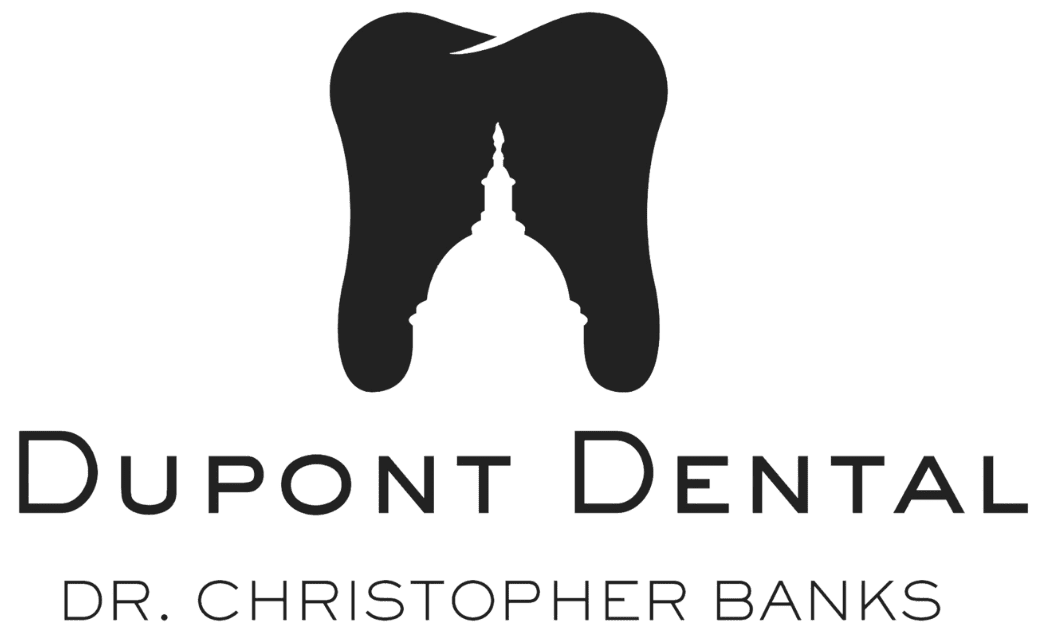Sleep apnea is a serious and often overlooked condition that affects millions of people worldwide. Characterized by interrupted breathing during sleep, it can lead to a range of health problems including fatigue, high blood pressure, heart disease, and even depression. While most people associate treatment with sleep specialists or medical doctors, dentists also play a crucial role in managing certain types of sleep apnea. Understanding why a dentist may be the right professional to consult can help patients find effective, comfortable, and long-term relief.

Understanding the Link Between Dentistry and Sleep Apnea
At first glance, dentistry might not seem connected to a sleep disorder. However, the anatomy of the mouth, jaw, and airway is central to understanding how obstructive sleep apnea occurs. In OSA, the muscles in the throat relax during sleep, causing the airway to collapse or become blocked. This leads to pauses in breathing, often accompanied by loud snoring or gasping.
Dentists, especially those trained in dental sleep medicine, are uniquely positioned to identify anatomical issues in the mouth and jaw that contribute to airway obstruction. They are trained to recognize signs such as worn-down teeth from nighttime grinding, scalloped tongue, or a small jaw, all of which may indicate sleep apnea. This makes them an essential part of a multidisciplinary approach to diagnosis and treatment.
Oral Appliance Therapy: A Comfortable Alternative to CPAP
The most commonly prescribed treatment for moderate to severe sleep apnea is Continuous Positive Airway Pressure (CPAP). While effective, many patients find CPAP machines cumbersome, uncomfortable, and difficult to tolerate over time. This leads to poor compliance and ineffective treatment.
Dentists can offer an alternative through oral appliance therapy. These custom-made devices resemble mouthguards and are worn during sleep to gently reposition the lower jaw and tongue. By doing so, they help keep the airway open, often reducing or eliminating apnea events. Patients often find oral appliances more comfortable, portable, and easier to maintain than CPAP machines. For individuals with mild to moderate OSA, or those who cannot tolerate CPAP, oral appliance therapy can be a game-changer.
Collaborative Care for Better Outcomes
Seeing a dentist for sleep apnea treatment doesn’t mean skipping the doctor. In fact, the best outcomes often come from collaboration between medical doctors, sleep specialists, and dental professionals. A dentist trained in sleep medicine will typically work closely with a sleep physician who diagnoses the condition via a sleep study. Once a diagnosis is confirmed, the dentist can fabricate a personalized oral appliance and monitor its effectiveness through follow-ups and additional sleep assessments. This team-based approach better ensures that patients receive well-rounded, effective care tailored to their specific needs. It also allows for ongoing adjustments to therapy, which is vital for long-term success.
The Benefits of a Dental Approach to Sleep Apnea
Beyond comfort and convenience, there are other compelling reasons to consider seeing a dentist for sleep apnea treatment. Dentists can provide early intervention, sometimes identifying signs of sleep-disordered breathing before a patient is even aware of the problem. This proactive approach could lead to faster diagnosis and treatment, reducing the risk of long-term health complications.
Additionally, dentists are skilled in customizing devices for each individual’s mouth and monitoring changes over time. This better ensures a precise fit and better results. Many dental practices also use advanced imaging tools to assess airway space and jaw positioning, further improving treatment planning.
Sleep Apnea Treatment in Washington, DC
At Dupont Dental, we understand the connection between your oral health and your overall health. If you have sleep apnea but struggle to use a CPAP machine, we are here to help. Our oral appliance therapy could improve your sleep without the added discomfort. Contact our office today to schedule a consultation and learn more.
